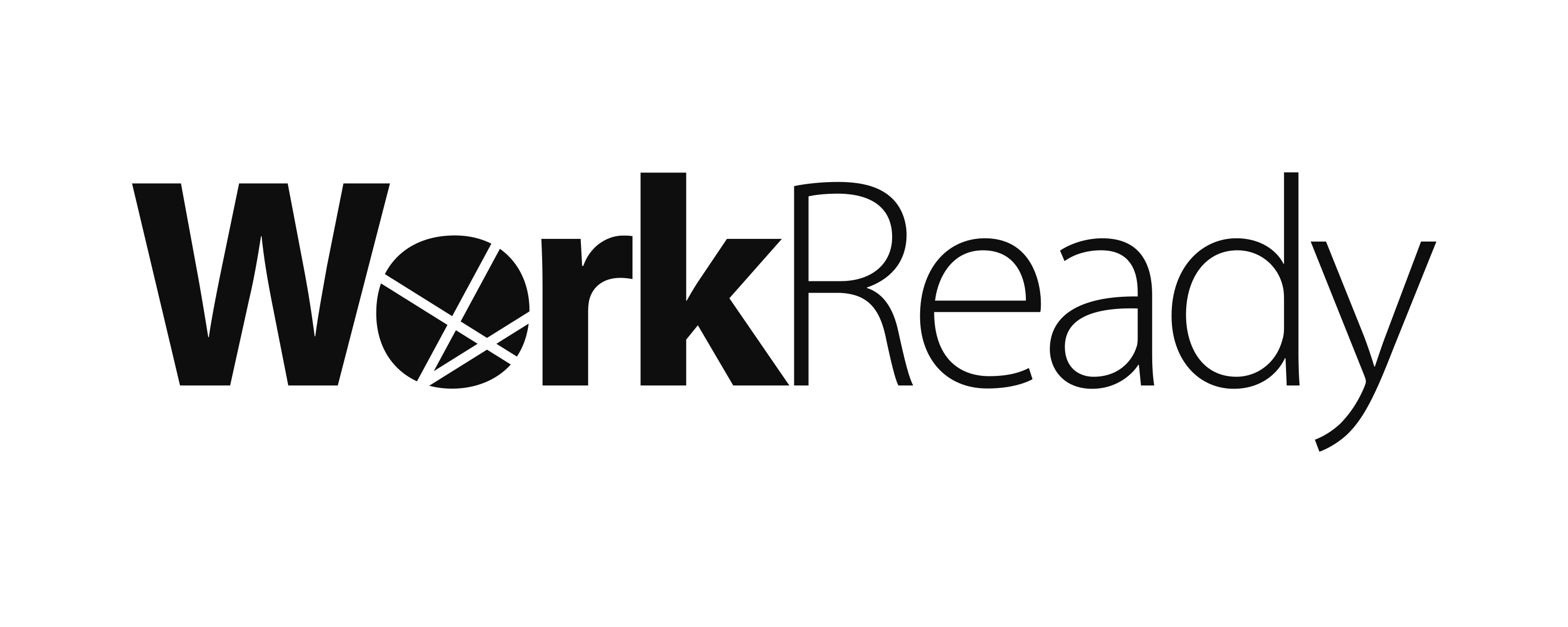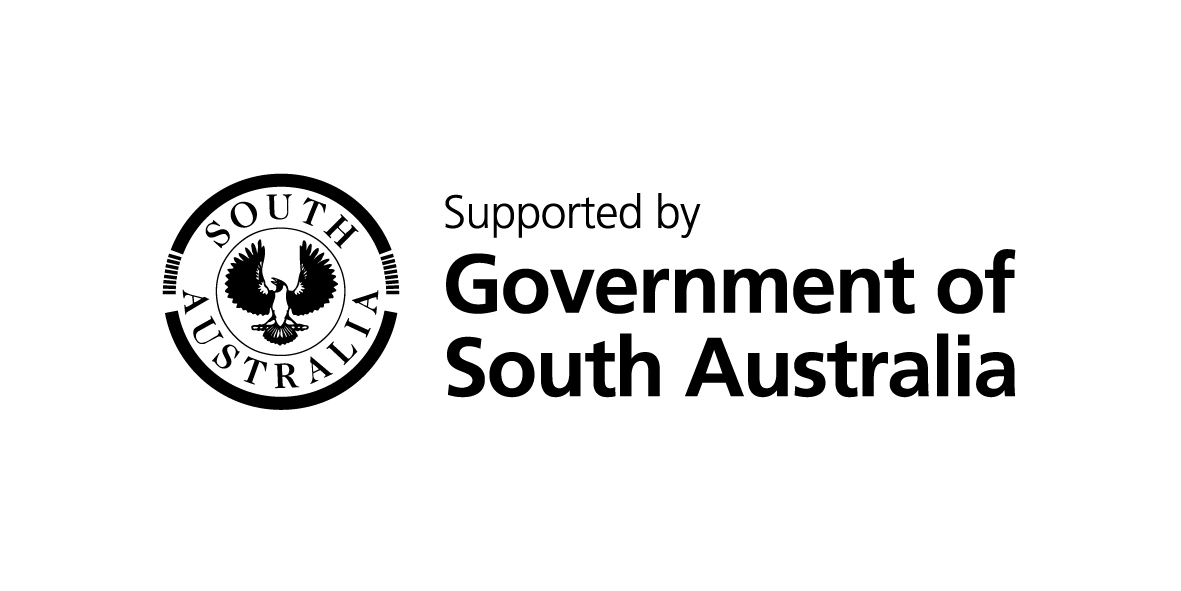CHC50121 Diploma of Early Childhood Education and Care

This qualification reflects the role of educators in early childhood education and care who work in regulated chidren's education and care services in Australia. Educators at this level are responsible for designing and implementing curriculum that meets the requirements of an approved learning framework and for maintaining compliance in other areas of service operations. They use specialised knowledge and analyse and apply theoretical conepts to diverse work situations. They may have responsibility for supervision of volunteers or other educators.
Under the Education and Care Services National Law (2011) the Australian Children’s Education and Care Quality Authority (ACECQA) publishes lists of approved early childhood education and care qualifications and information regarding regulatory requirements here: www.acecqa.gov.au
ENTRY REQUIREMENTS
- The Australian Early Childhood College (AECC) believes training occurs best in a workplace, and our assessment program requires that students have regular access to the work environment. Therefore, students must be employed or work as a volunteer, in a regulated children's service. If you do not currently meet this requirement, you must contact the office to determine if our training program will meet your needs.
- Due to industry regulations age limits may apply.
- If you are interested in public funding arrangements it is a requirement that you are an Australian Citizen, Permanent Resident or on an approved visa pathway that leads to Permanent Residency (please contact the main office if you have any queries regarding Visa Pathways).
DURATION
18 – 24 months
DELIVERY MODES
AECC uses a blended delivery mode. You will be allocated an individual trainer and assessor who will tailor the course to your, and your employer’s, needs. You will complete your qualification through a mixture of distance material, training in the workplace, and phone and email support.
COURSE REQUIREMENTS
Successful completion of this course requires the completion of 15 units of competency of which 12 are core units (compulsory) and three are elective units. These are delivered in a Clustered approach, meaning that rather than completing up to 15 individual assessment tasks it may be delivered in as little as 6 Clusters.
COMPULSORY UNITS
| CHCECE050 | Work in partnership with children's families | |
| CHCECE049 | Embed environmental responsibility in service operations | |
| CHCECE041 | Maintain a safe and healthy environment for children | |
| CHCECE046 | Implement strategies for the inclusion of all children | |
| CHCECE045 | Foster positive and respectful interactions and behaviour in children | |
| CHCECE042 | Foster holistic early childhood learning, development and wellbeing | |
| CHCECE043 | Nurture creativity in children | |
| CHCECE047 | Analyse information to inform children's learning | |
| CHCECE048 | Establish and maintain a safe and healthy environment for children | |
| CHCPRP003 | Reflect and improve own professional practice | |
| BSBTWK502 | Manage team effectiveness | |
| CHCECE044 | Facilitate compliance in an education and care service |
ELECTIVES
Following consultation with our Children's Services Panel of professional childcare educators and managers we recommend the following elective units.
| CHCECE053 | Respond to grievances and complaints about the service | |
| CHCPOL003 | Research and apply evidence to practice | |
| BSBHRM413 | Support the learning and development of teams and individuals |
COMPULSORY WORK HOURS
In the Diploma qualification there are compulsory work practice hours in Approved Education and Care Services attached to specific units of competency. These hours must be completed in at least one regulated education and care service.
Units requiring 280 hours of work*
| CHCECE042 | Foster holistic early childhood learning, development and wellbeing | |
| CHCECE048 | Plan and iplement children's education and care curriculum |
*Some hours may be simultaneously acquired
Skills First
The Australian Early Childhood College (AECC) is an approved provider for the Skills First Program. This training is delivered with Victorian and Commonwealth Government funding. We are a Non-Victorian based Training Provider that delivers to a National Enterprise. You can find out more about this initiative at the Skills First website.
Details of our Approved Qualifications are:
CHC30121 Certificate III in Early Childhood Education and Care
CHC50121 Diploma of Early Childhood Education and Care
These qualifications are available under a range of subsidise programs from the Victorian Government including:
- Skills First non-apprenticeship/traineeship, and
- Skills First traineeship or apprenticeship
From 1 January 2018 AECC will only be offering the above courses to prospective students within the traineeship program.
Eligibility Criteria
(This is a general guide only, students are advised to contact us to discuss their eligibility for the various programs available, and can also check their eligibility on the Victorian Skills Gateway website. This section helps you to check your eligibility for this VIC Government subsidy):
The individual must be a Victorian Employee of G8 Education Ltd and your training needs to have been arranged by G8 Education, and is
an Australian citizen, a holder of a permanent visa, or a New Zealand citizen,
either:
- under 20 years of age, or
- over 20 years of age and enrolling in a course that will result in 'upskilling'. This means that you must enrol in a qualification at a higher level than the highest qualification held at the time of commencing training.
There are limits to how much training you can do through Skills First:
- You can commence up to 2 commencements in a calendar year
- You can undertake a maximum of 2 courses at any one time
- You can commence a maximum of 2 commencements at each qualification level across your lifetime.
-
Your enrolment choice can impact on future eligibility for Government subsidised courses, please contact the main office on 02 4822 7109 to discuss what options are available to you.
Fee Information
AECC does not charge tuition fees for eligible students subsidised through the Skills First Program.
Recognition of Prior Learning and Credit Transfer
Students may be eligible for Recognition of Prior Learning (RPL) or Credit Transfer. For more information on how to apply for this please see our Recogntion of Prior Learning and Credit Transfers page or contact us.
Upfront Assessment of Need
It is the responsibility of the Australian Early Childhood College (AECC) to ensure that prospective participants (students) are able to undertake their chosen qualification. Clause 1.7 of the Standards for Registered Training Organisations (RTOs) 2015 requires RTOs to determine the support need of individual learners and to provide access to the educational and support services necessary for the individual learner to successfully meet requirements of the training product (qualification) as specified in the Training Package.. AECC belives that it is an ethical responsibility that no student commences a training program where there are concerns that they will not successfully complete the course with the support that AECC can provide or source. AECC seeks to ensure this is a positive and supportive process that allows AECC staff and students to work together to determine the best outcome for all individuals.
To access subsidised training places in a full qualification in South Australia under Work Ready individuals must demonstrate the capacity to undertake the vocational course they are applying for. To determine this capacity students participate in a formal upfront assessment of need process determined by the SA Government, this occurs during their enrolment and after the individual's WorkReady eligibilty and entitlement has been confirmed (See WorkReady Enrolment Eligibility for more details). The aim of the process is to ensurethat:
- only individuals who have the capacity to undertake a vocational course will have access to a subsidised training place;
- only where there is evidence if need will an individual be provided with access to subsidised brigdging units or foundation skills courses;
- individual learning and support needs are identified early, and strategies are put in place to improve retention and completion outcomes.
The Upfront Assessment of Need is a holistic procedure that assesses:
- a students suitability forthe chosen qualification,
- the Language, Literacy and Numeracy levels mapped to the Austalian Core Skills Framework (ACSF) and
- the support needs that the student may have.
An Upfront Assessment of Need must be undertaken by all individuals seeking to enrol even if AECC has previously completed one, as student's circumstances may have changed in the interum.
Learner Support Services
Learner Support Services help students address life, learning and other issues, and complete their training and transition to employment.
The South Australian Government has funded a small number of Learner Support Services to provide case management support for students facing complex barriers to training. Australian Early Childhood College has a Sevice Agreement with Interskills.
Interskills provides, free of charge, non-clinical case management support to South Australian WorkReady students who face complex barriers to sustaining and completing their studies.
Eligible students include:
those who have not completed school
- sole parents
- wormen returning to work
- people who are or were subject to the justice system
- Aboriginal people
- people with a disability
- people who are or were under the Guardianship of the Minister
- If you would like to access any support or would just like to discuss your eligibility please call Molly on 0432 555 023 or email This email address is being protected from spambots. You need JavaScript enabled to view it..
- She will be happy to answer any of your questions and provide you with the appropriate forms where required.



